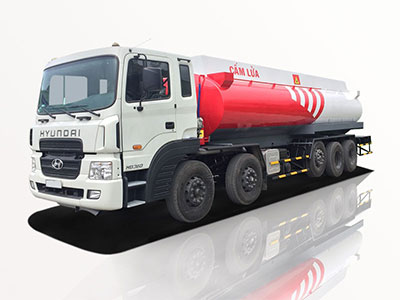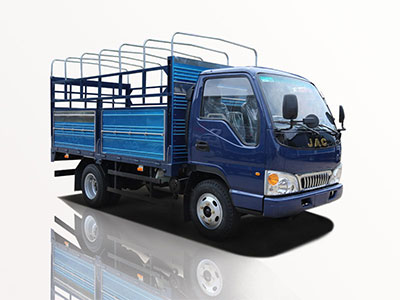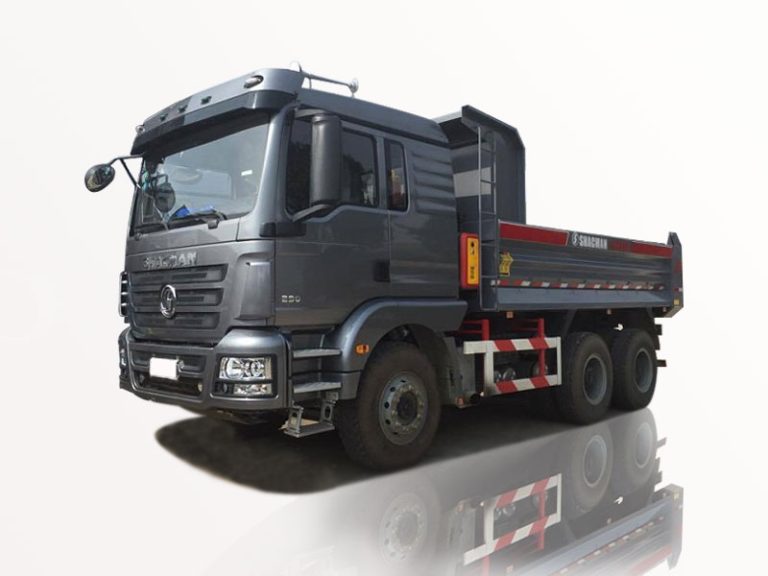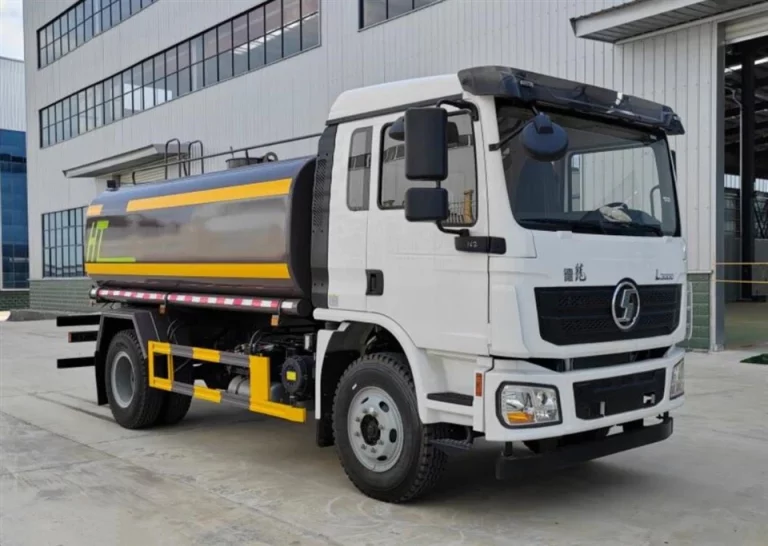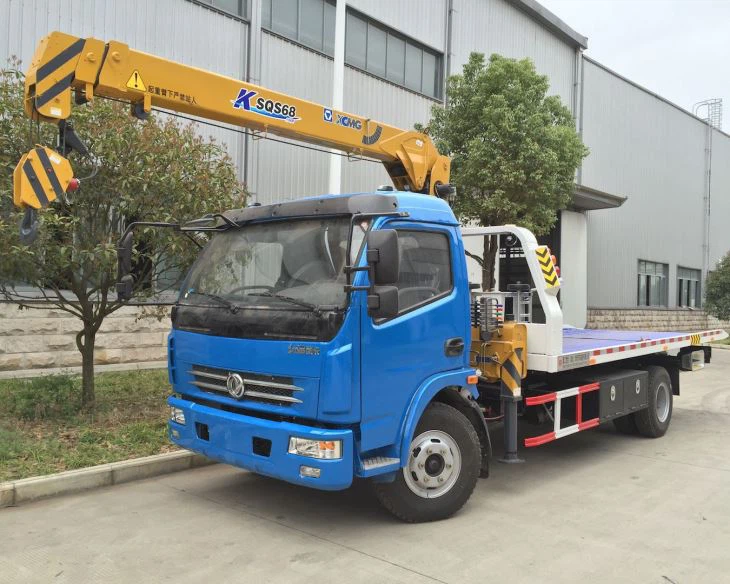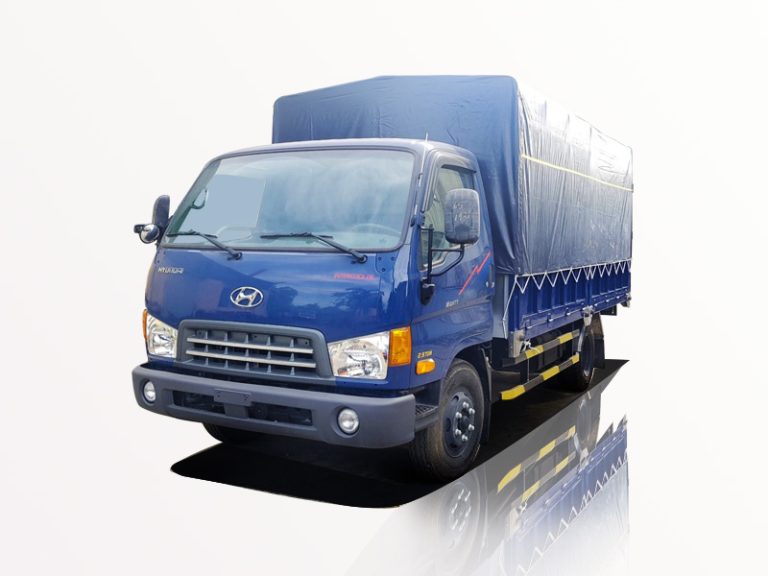When it comes to efficient waste management, selecting the right compactor is crucial for businesses, municipalities, and individuals alike. This guide will provide insightful information on what to consider when looking for a compactor for sale, including types, benefits, and practical tips for making the right choice. Whether you need a compactor for construction debris, household waste, or commercial recycling, we’ve got you covered.
Understanding Compactors
What is a Compactor?
A compactor is a machine designed to reduce the size of waste materials through compaction. By compressing items into smaller, manageable squares or bales, compactors help maximize space in dumpsters and landfills, making them essential for efficient waste disposal.
Types of Compactors
There are various types of compactors available, each serving different needs. Here are a few common types:
- Direct Push Compactors: Suitable for everyday waste and recycling; they push waste directly into the container.
- Stationary Compactors: Ideal for large volumes of waste; they remain fixed and compact waste into large containers.
- Vertical Balers: Used primarily for recycling; they create bales of material for easy transport and storage.
- Portable Compactors: Great for construction sites and temporary applications; they can be moved where needed.
Key Benefits of Using a Compactor
Choosing a compactor for your waste management needs can offer several advantages:
- Space Savings: Compacting waste reduces volume, allowing more trash to fit in containers and reducing the frequency of pickups.
- Cost Efficiency: By minimizing waste volume, businesses can save on disposal costs and extend the lifespan of containers.
- Environmental Impact: Compaction helps decrease landfill waste and promotes recycling by making materials easier to handle.
Factors to Consider When Buying a Compactor
1. Size and Capacity
The first factor to consider is the size and capacity of the compactor. Assess the volume of waste you generate regularly:
| Type of Waste | Recommended Compactor Size |
|---|---|
| Household Waste | 1-2 cubic yards |
| Construction Debris | 3-4 cubic yards |
| Commercial Recycling | 2-3 cubic yards |
2. Waste Type
Identifying the type of waste you will be compacting is vital. Certain materials may require specialized compactors:
- Organic Waste: Requires biodegradable liners and possibly composting options.
- Recyclable Materials: Need to ensure the compactor can handle specific recyclables like paper, plastics, and metals.
3. Power Source
Compact machines come with different power sources, including:
- Electric: Quiet and energy-efficient, suitable for indoor use.
- Diesel: Useful for heavy-duty outdoor applications, especially on construction sites.
4. Ease of Use and Maintenance
Consider how user-friendly the machine is and the maintenance requirements:
- Look for features such as automatic operation and controls.
- Check the frequency and type of maintenance needed to keep the compactor running efficiently.
5. Safety Features
Safety should be a priority when selecting a compactor. Ensure it includes:
- Emergency shut-off buttons
- Safety guards to prevent accidental injuries
6. Budget and Financing Options
Setting a budget is critical. Understand the overall cost, which may also include shipping, installation, and maintenance services. Explore financing options if necessary.
Where to Find Compactors for Sale
1. Local Equipment Dealers
Local equipment dealers often have a selection of new and used compactors. Visiting them allows you to ask questions and get a feel for different models.
2. Online Retailers
Numerous online platforms offer a wide range of compactors:
- Specialized Equipment Websites: Sites dedicated to construction and industrial equipment often have comprehensive listings.
- Marketplaces: Websites like eBay and Craigslist can provide used options at varying price points.
3. Auctions
Consider attending equipment auctions where you can find compactors at potentially lower prices. Keep an eye on local listings for upcoming events.
4. Trade Shows
Trade shows related to waste management and construction can be great places to explore various models, speak with manufacturers, and see demonstrations.
Practical Examples of Using a Compactor
Case Study: Construction Site
A construction site produces considerable waste daily. Implementing a stationary compactor allowed the company to efficiently compress materials, saving on disposal costs and container pickups. This led to a 30% reduction in waste volume over six months.
Case Study: Commercial Business
A retail business integrated a vertical baler for their cardboard waste. By compacting the cardboard, they optimized space in their storage area and successfully generated additional revenue through local recycling programs.
Tips for Operating a Compactor Effectively
1. Understand the Guidelines
Always read the user manual thoroughly to understand the proper operating procedures and safety guidelines.
2. Prepare Waste Properly
Remove any non-compostable or non-recyclable items before compacting to avoid damaging the machine.
3. Regular Maintenance
Schedule routine inspections and maintenance checks to keep the compactor in good working order.
4. Train Staff
Provide training to all personnel operating the compactor, emphasizing safety protocols and the correct use of the machine.
FAQs about Compactors
1. How much does a compactor cost?
The cost of a compactor can range from $3,000 to $30,000 depending on the type, size, and features. Always consider the total cost, including installation and maintenance.
2. How often should I have my compactor serviced?
Typically, compactors should be serviced every 6 to 12 months. However, usage frequency and material type can necessitate more frequent checks.
3. Can I use a compactor for mixed waste?
While some compactors can handle mixed waste, it’s recommended to separate recyclables and organic waste for optimal results.
4. What is the lifespan of a compactor?
With proper maintenance, a well-built compactor can last anywhere from 10 to 20 years, depending on the usage intensity and type of materials compacted.
5. Are commercial compactors eligible for financing?
Many dealers offer financing options for commercial compactors, including loans and lease-to-own agreements. Consult with your supplier for available plans.
6. What safety features should I look for in a compactor?
Key safety features include automatic shut-off, safety gates, and guards to prevent operator injuries. Always prioritize safety when selecting a model.

